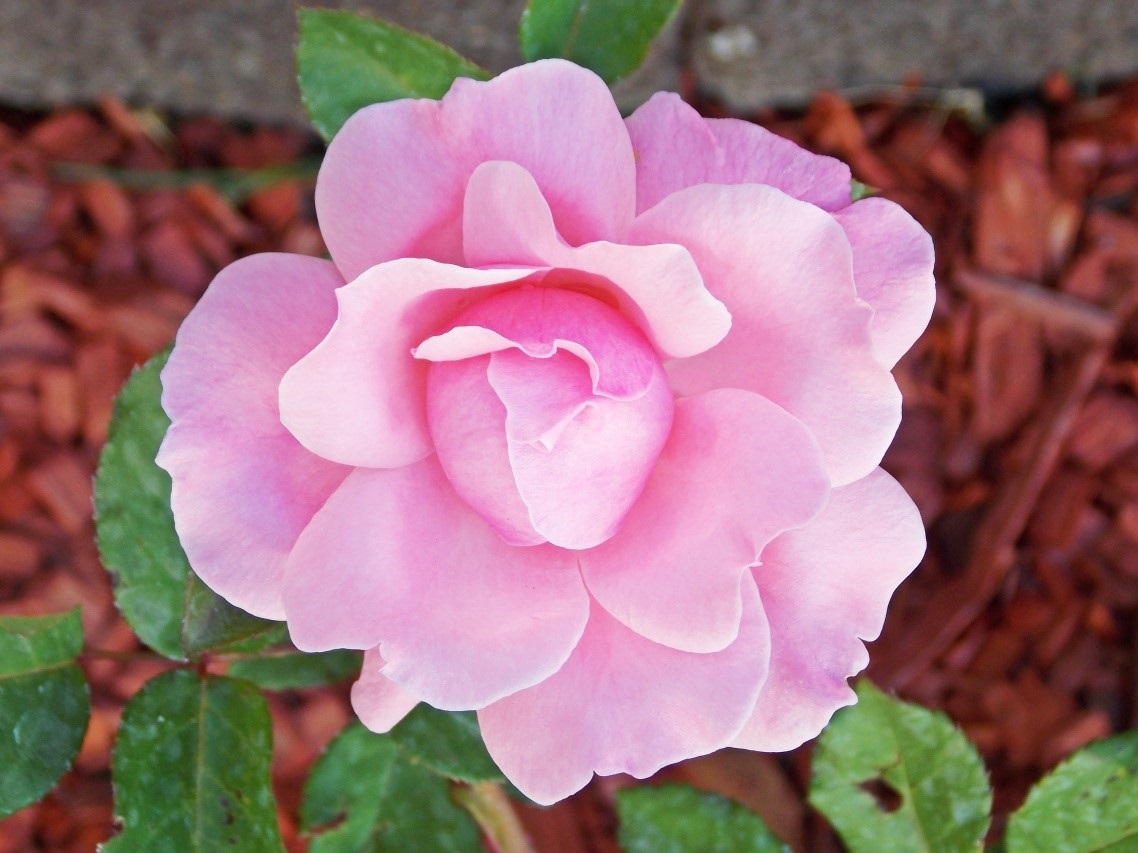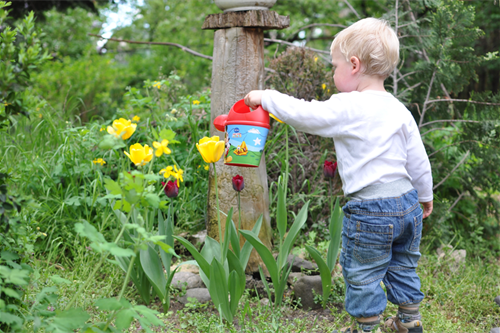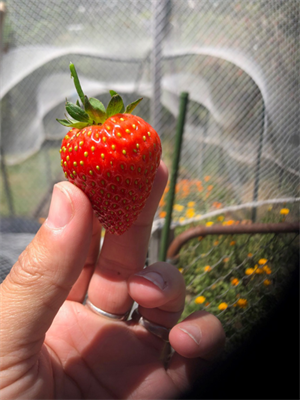How to Garden for Wellbeing

The simple act of gardening enables us to get fresh air into our lungs, sunshine onto our skin and our hands grounded in the earth. These key gardening ingredients have proven wellbeing benefits. We have all heard about how going for walks in nature reduces our feelings of stress, creates calm and gives us renewed energy. Yet gardening, which is another common way to connect with nature, is often overlooked in terms of its wellbeing benefits. Gardening is something the whole family can do together, and an activity for all ages.
Being present
Spending time tending to a garden and the plants within it is a simple activity that can ground children and adults to the moment. It provides a natural opportunity to be mindful, and mindfulness has a long list of positive wellbeing effects – including reducing stress and emotional reactivity, and promoting empathy and compassion. By focusing on the gardening task at hand (like weeding, pruning, mulching, or putting your hands in the soil) our minds are meditating and a busy modern mind is quietened. It is a truly satisfying feeling to transform an unruly weed filled patch of garden into something of beauty.
Nurturing growth
Complementary to growing and planting vegetables or plants is the magic of your household seeing them grow. What a delight to find a pumpkin patch booming, or a strawberry patch filled with flowers showing the signs of delicious treats to come. Growing, nurturing and watching a plant is an exciting activity that fills our cup. Give it a go and it might fill your cup as well.

Practising acceptance
In a garden we can plan and do, but we must also let go of control and perfectionism. Sometimes the things we plant won’t survive, or maybe a wayward snail will eat their leaves, or the fruit will drop before we can taste it. That’s ok, and it provides a good opportunity to practice acceptance, to manage disappointment and to carry on despite setbacks. Life is not perfect, a garden is not perfect – and neither are we.
A place of calm and connection
 If a family member is angry or frustrated they can be gently guided out into the garden to let grass touch the bare souls of their feet; then asked to go smell some mint, perhaps a rosemary bush, or a blooming rose. A garden is a great space to slow down and simply be. Connecting with the garden or smelling a plant can assist us to move through our feelings of anger and frustration and self-regulate. Connecting quietly in this way can promote feelings of calm and reduce stress and anxiety.
If a family member is angry or frustrated they can be gently guided out into the garden to let grass touch the bare souls of their feet; then asked to go smell some mint, perhaps a rosemary bush, or a blooming rose. A garden is a great space to slow down and simply be. Connecting with the garden or smelling a plant can assist us to move through our feelings of anger and frustration and self-regulate. Connecting quietly in this way can promote feelings of calm and reduce stress and anxiety.
And importantly, spending time together, sharing in joint tasks and projects, and making memories together help families to strengthen their bonds.
What if I don’t have a garden?
If you do not have a backyard or space to have a large garden this is still an activity you can undertake. You might fill your home with indoor plants to nurture and nourish, or grow some vegetables or herbs in pots on a balcony or deck. Creating and nurturing plants brings the same benefits regardless of the size of the space you have to us, and can increase your household’s wellbeing.
Try creating your own strawberry or herb patch

A garden can provide you with delicious, healthy treats! Here are a few tips to consider when making a patch of your own:
- Both strawberry and herbs can be grown in pots, or small raised garden beds depending on the size of the space you have available.
- Get the household involved to create the project together and after the project is completed, watering and tending to the space can be a shared household activity.
- Try growing hardy fragrant herbs such as mint, thyme, lemon thyme and rosemary. Make sure you smell them regularly and see if this affects your mood. These sensory spaces can also assist in self-regulation when feeling stressed or overwhelmed.
- It is a good idea with a strawberry patch to net the pot or garden bed to ensure poky possums or busy birds do not sample your delicious delights.
- If using pots make sure the compost/potting mix you use is designed for vegetables and herbs. And remember - healthy soil supports growing plants. Using compost to feed your soil is a great way to manage organic waste from the kitchen, and to return nutrients to your soil.
- You can cover your soil with mulch – such as straw, leaves or shredded bark - to help your new plants retain moisture after you water them.
- Perhaps your child might like to find treasures that can go into your garden spaces – such as a little statue or a gnome, a crystal or special rock to pop into your patch.
- Harvesting the fruit or herbs is a special time, and something to enjoy together. There’s nothing quite like eating the produce you’ve grown in your own garden!